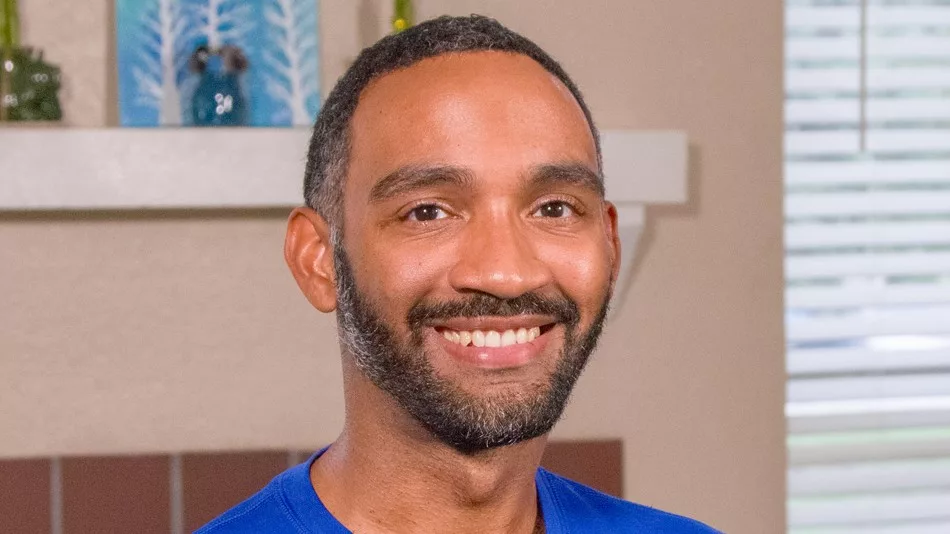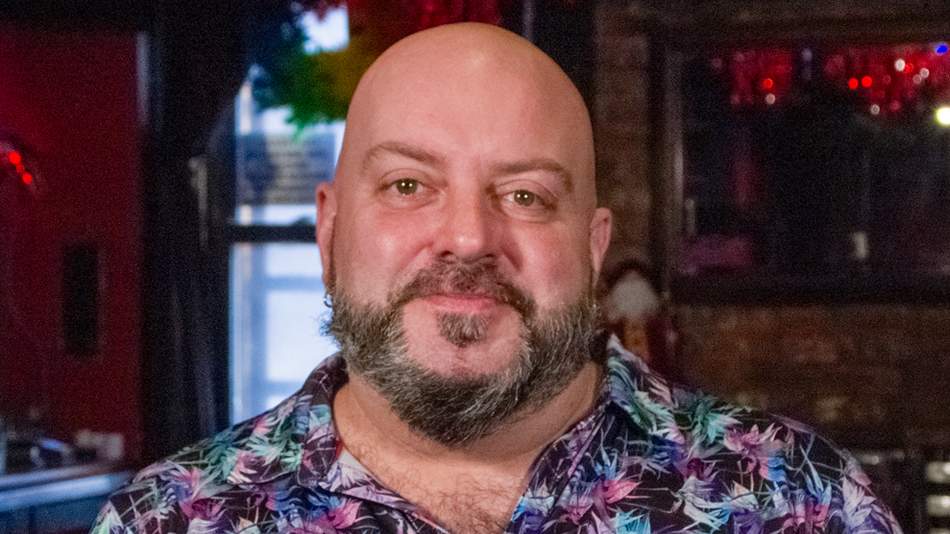My name is Huey Rey Fischer. I’m from Rockport, Texas.
I grew up on the Texas coast and moved to Austin to study Latin American Studies and Government. Now I’m running for State Representative.
When I first decided to jump into the race, I gathered all of my friends and mentors into this living room to discuss the possibility of a campaign to discuss how I would run a campaign, what my viability was as a young 23-year-old queer candidate taking on potentially six attorneys.
And as we were having these discussions, Glen Maxey who was the first openly gay state representative in Texas–who had mentored me the past few years on Texas politics and community organizing–he asked me point blank in front of a room full of my friends and other mentors, “How gay are you?”
And the room sort of went quiet. It wasn’t a question I had really considered, it wasn’t a question I really understood. I’ve always been open about my identity, but never was it something that was really at the forefront of who I am. I had friends in that room who I had known for four or five years that didn’t even know I was openly queer. There were some mumblings in the room like, “What? Huey’s Gay?”
It was a funny response, and after a few moments I told Glen, “I’m very open. I won’t let that hinder me in this campaign. I think it’s a positive. We need more queer representation in the house.”
As a young person in this race, we’ve seen so much advancement in the LGBTQ community–nationally and here in Texas. Walking around campus, talking to students, it didn’t matter if they were straight or queer. For the most part, they wanted to talk about things like student debt, the sexual assault crisis on campus, and other issues. It didn’t really play a central role when it came to talking to younger voters. Talking to older voters, it’s sort of been different. Amongst the older LGBTQ community, I notice people still flinch at the word “queer.” And I’ve really changed my tone to use the word “LGBTQ” rather than “queer” because for so many other members it’s still a word of stigma.
One day during the campaign, I get an email at maybe five in the morning from somebody who’s supporting me. It starts out with “I’m rooting for you Huey Rey, I really want you to win this, but you need to take LGBTQ off your campaign literature, off your website immediately. People don’t want to elect a gay candidate in this race, they want to elect a candidate who will fight for them on the issues.”
In spite of me having a solid, comprehensive platform on my website, and on my literature, and in my stump speeches, I realized there are folks who tend to focus just on my identity. And that was coming from a supporter. I had a former state senator call me on the phone and tell me I should never lead my stump speeches with “I’m the LGBTQ son of an undocumented immigrant.” I should just say “I come from a working family.”
Being the son of an undocumented immigrant, it catches people off guard. They don’t expect somebody to be fighting for a space of power in the way that I am. I still have undocumented family members. I’ve noticed that when I’m at LGBTQ functions, and I say, “Oh, I’m the son of an immigrant mom from Mexico,” and some will joke, “Was she illegal?”
I had to sort of step back for a second and comprehend that just because people are LGBTQ, doesn’t mean that they’re fully progressive or fully up to date on all issues affecting all communities, such as the immigrant community or other groups. I had to respond, “Well, yes, I was the son of an undocumented immigrant, but she has her papers now and is a U.S. citizen.”
There isn’t a single community that’s truly homogenous. With the LGBTQ community, the issue isn’t just marriage equality, it’s also been about the violence against trans individuals, it’s been about the suicide and homeless rates amongst teenagers, it’s about job discrimination. I’ve also noticed that I can’t just assume that because somebody identifies as Queer, Gay, Bisexual that they’re going to be progressive on all the issues.
When I reflect back on that night when I was asked, “How gay are you going to be in this campaign? How gay are you?” it really sunk in how much my identity matters to other folks, and how I need to play a fine line of letting them see who I am, while also letting them understand what I’m going to do for them. It’s been eye opening.








Share